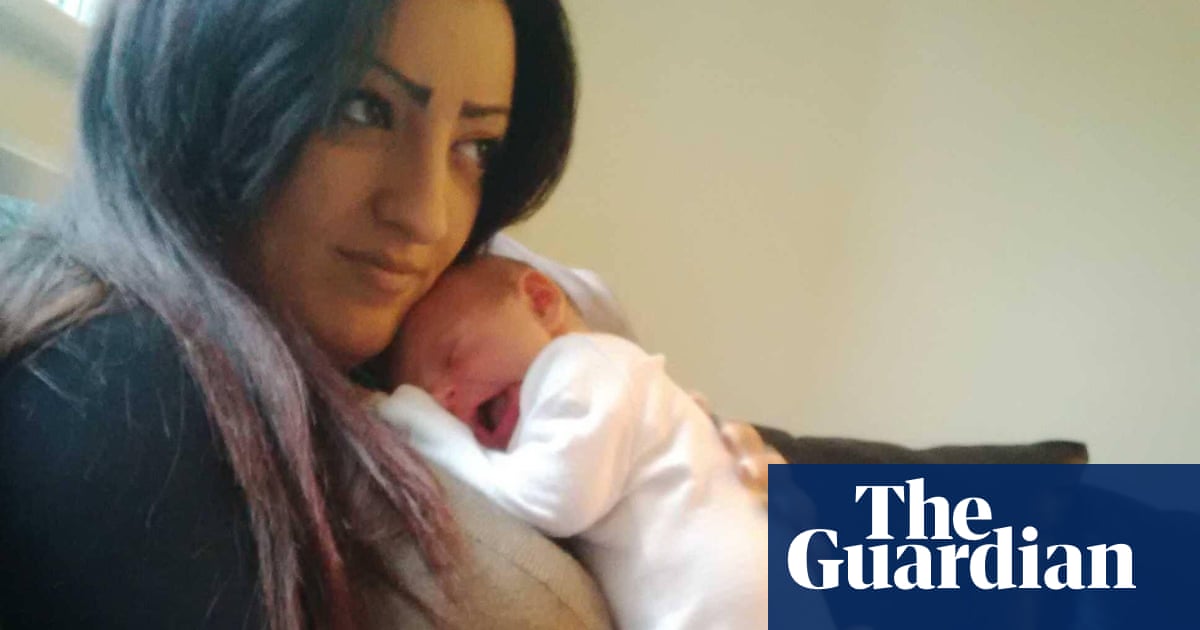
An Eritrean asylum seeker who killed himself shortly after his 18th birthday was worried about his application to remain in the UK and was traumatised by the recent suicide of a close friend, another Eritrean asylum seeker, an inquest has heard.
The examination of the circumstances leading to the death of Alexander Tekle is the fourth inquest to be heard into the suicides of four Eritreans within a 16-month period. Collectively, the inquests have put a spotlight on how young, unaccompanied asylum seekers are looked after by local authorities on arrival in the UK.
Tekle killed himself on 6 December 2017, a few weeks after his friend Filmon Yemane was found dead. Friends told the inquest that Tekle was profoundly traumatised by experiences he had in Eritrea that had prompted him to flee, and also by the long and dangerous journey he had made to the UK.
He was violently attacked in Calais, and arrived in Britain hidden in a refrigerated lorry in December 2016. Tekle told his first social worker in Kent that he was having trouble sleeping and had nightmares, but the social worker did not make detailed inquiries into what was causing this.
Over the 12 months he was in the UK, Tekle became homeless and was seriously injured in a stabbing. He started drinking heavily, and friends told the inquest they believed this was a way of dealing with the trauma he had experienced.
Tekle gave the wrong date of birth on arrival in the UK, and spent months trying to correct the error. As a consequence of the mistake, he was registered as older than he was. He was quickly transferred to adult refugee services and was no longer eligible for some of the specialist, child-focused support he may otherwise have received.
Solicitors asked his social worker in Kent, where he was originally placed before he was deemed to have turned 18, whether there had been a reluctance to fix the mistaken age in order to minimise the period during which the council was responsible for his wellbeing.
The social worker denied that this had been a factor in the decision not to exercise discretion and accept the evidence provided by Tekle indicating that he was younger.
Benjamin Hunter, a volunteer who had met Tekle in Calais when he was living in the camp there, tried repeatedly to alert officials who were working with him to Tekle’s deteriorating mental health.
Addressing the inquest by phone from Sudan, speaking with the assistance of an interpreter, Tekle’s father said his son was loving and caring, had many friends, a good sense of humour and a passion for cycling.
“I hoped that he would be safe in the UK, build his life there, go to college, study and one day get married and have his own children,” Tecle Tesfamichel said. “If anything can come from this tragedy, I hope that lessons can be learned to prevent this from happening to another young person. Alex has gone, we can never bring him back, but I don’t want another young person to go through what he did.”
Friends paid tribute to Tekle. “He was the nicest person that I have ever met. He had so much charisma,” Sham Aklilu said in a statement read out to the inquest.
Tekle was the second of four Eritrean refugees, all friends, to kill themselves. Filmon Yemane had recently turned 18 when he took his life in November 2017. Osman Ahmed Nur, 19, was found dead on 10 May 2018 in a communal area of a young people’s hostel in Camden, north London. Mulubrhane Medhane Kfleyosus, 19, was found dead on 18 February 2019 in Milton Keynes.












